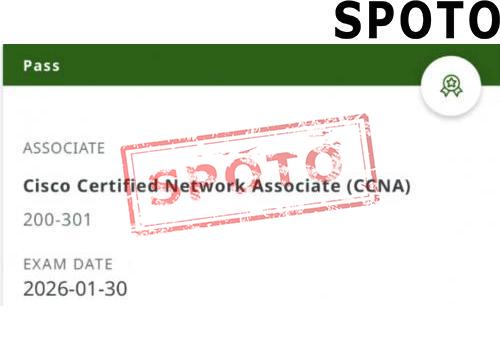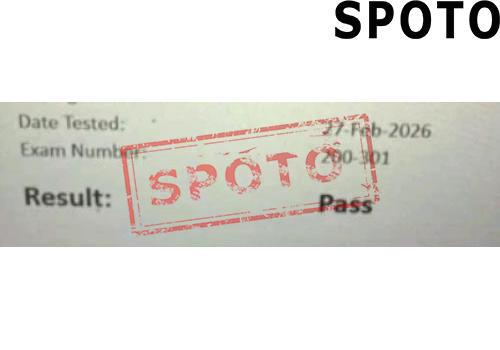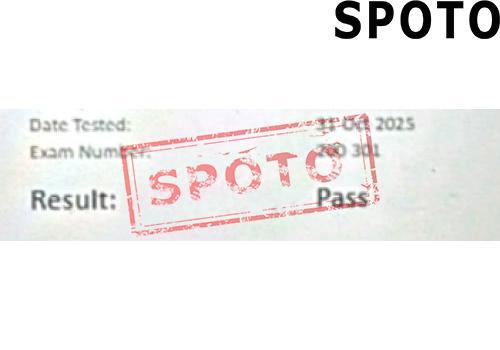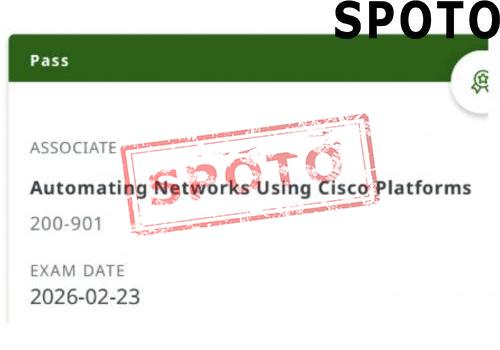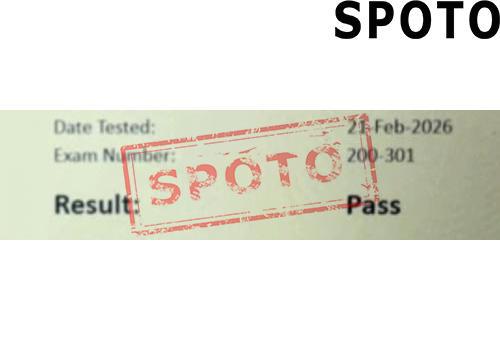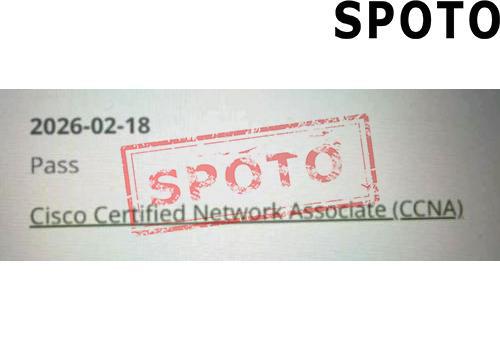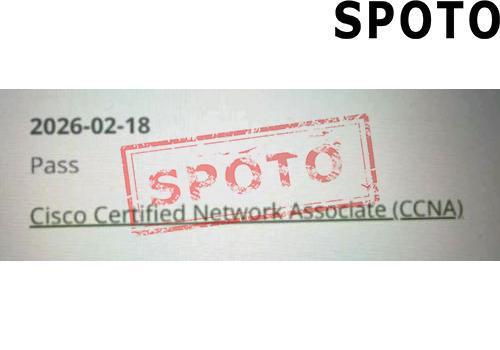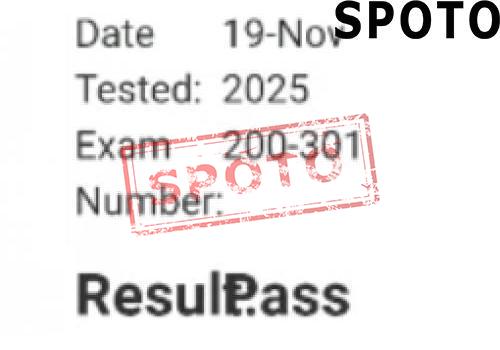)
The debate over whether to start with CCNA (Cisco Certified Network Associate) or jump straight to CCNP (Cisco Certified Network Professional) is common among aspiring IT professionals. Each certification holds its own significance, but understanding the differences, prerequisites, and career paths can help you decide which to pursue first.
What Are CCNA and CCNP?
CCNA:
The CCNA is an entry-level certification focusing on foundational networking concepts. It covers topics such as IP addressing, routing, switching, network security, and basic troubleshooting.
CCNP:
The CCNP is an advanced certification designed for professionals who already have a strong grasp of networking principles. It dives deeper into specialized areas like enterprise networking, security, or collaboration, requiring a greater level of expertise.
Key Differences Between CCNA and CCNP
1.Level of Expertise:
- CCNA: Introductory, designed for beginners or those with limited networking experience.
- CCNP: Intermediate to advanced, requiring more in-depth knowledge and practical skills.
2.Exam Structure:
- CCNA: A single exam (200-301) that tests foundational skills.
- CCNP: Multiple exams, including one core exam and a specialization exam (e.g., enterprise, security).
3.Career Opportunities:
- CCNA: Prepares you for roles like Network Technician, Help Desk Engineer, or Junior Network Administrator.
- CCNP: Opens doors to higher-level positions such as Network Engineer, System Engineer, or IT Manager.
4.Prerequisites:
- CCNA: No formal prerequisites, making it accessible to beginners.
- CCNP: While there's no mandatory requirement to have a CCNA, it's strongly recommended due to the advanced nature of the material.
Reasons to Take CCNA First
-
Build a Strong Foundation: Starting with CCNA helps you understand networking basics, which are essential for tackling the more advanced CCNP topics.
-
Ease Into Networking: For beginners, CCNA is a more manageable entry point into the world of Cisco certifications, avoiding the overwhelm of diving straight into CCNP.
-
Fulfill Employer Expectations: Many employers look for CCNA as a baseline certification when hiring for entry-level networking positions.
-
Gain Confidence: Passing CCNA can boost your confidence and validate your ability to pursue higher-level certifications like CCNP.
When to Consider Starting With CCNP
-
Previous Networking Experience: If you already have hands-on experience or an in-depth understanding of networking, you might be able to skip CCNA and move directly to CCNP.
-
Career Goals: For those aiming for senior roles or specialized fields like network security or enterprise solutions, starting with CCNP might align better with your objectives.
-
Time Constraints: If you're in a hurry to achieve a higher-level certification and have the necessary knowledge, skipping CCNA could save time.
Tips for Choosing the Right Certification Path
-
Evaluate Your Experience: If you're a beginner, start with CCNA. If you're an experienced professional, CCNP might be a more appropriate starting point.
-
Consider Your Career Goals: Research the roles and certifications preferred in your desired career path. If an advanced certification is required, focus on CCNP.
-
Budget and Time: CCNA is more affordable and requires less preparation time. If you're short on resources, starting with CCNA could be more practical.
-
Test Your Knowledge: Attempt practice exams for both certifications to gauge your readiness and determine where to start.
Is It Worth Pursuing Both?
For most professionals, the ideal path is sequential: start with CCNA to establish a solid foundation and then progress to CCNP for advanced expertise. This approach not only enhances your resume but also ensures you have the necessary skills to excel in complex networking scenarios.
Conclusion
Whether you start with CCNA or CCNP depends largely on your experience, career goals, and current skill level. For beginners, CCNA is the logical first step, providing essential networking knowledge. For experienced professionals, starting with CCNP might be a viable shortcut to advanced roles. Either way, earning a Cisco certification is a significant milestone in your IT career, unlocking opportunities and demonstrating your expertise.
